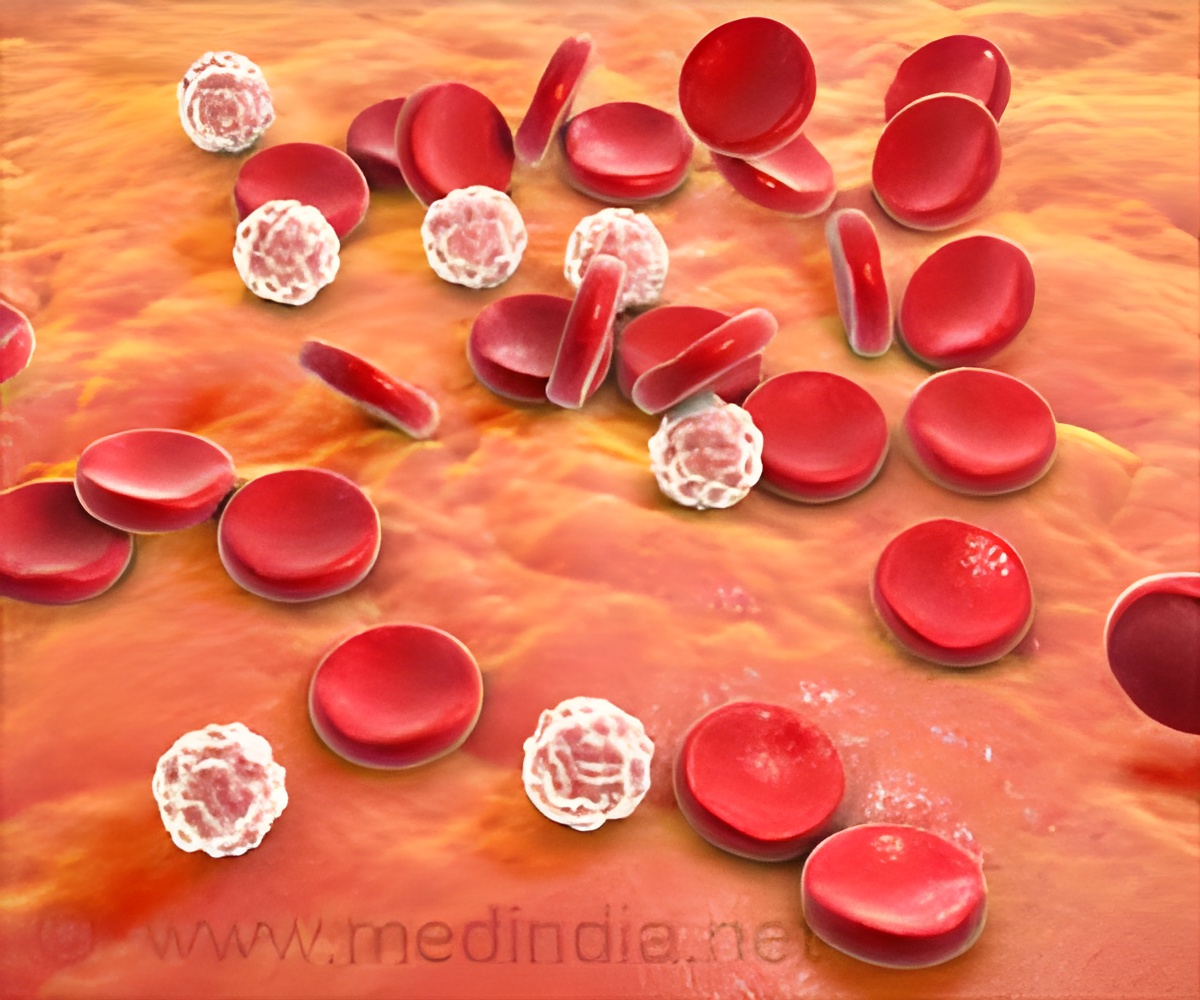Social needs are linked to poor health-related quality of life (HRQOL) among cancer survivors in Detroit.

‘Innovative interventions helps reduce health disparities by addressing social needs among cancer survivors.’
Read More..




The analysis included 1,754 participants in the Detroit Research on Cancer Survivors (ROCS) cohort, a population-based study of African American survivors of breast, colorectal, lung, and prostate cancer.Read More..
Social needs related to food insecurity, utility shut-offs, housing instability, not getting health care due to cost or lack of transportation, and negative perceptions of neighborhood safety. HRQOL was measured using a questionnaire called the Functional Assessment of Cancer Therapy-General (FACT-G).
Researchers found that more than one-third (36.3 percent) of survivors reported social needs, including 17.1 percent who reported two or more. Prevalence of social needs ranged from 8.9 percent for utility shut-offs to 14.8 percent for food insecurity.
Social needs that were linked with a low HRQOL score in the FACT-G questionnaire included not getting care due to lack of transportation, housing instability, food insecurity, feeling unsafe in the neighborhood, utility shut-offs, and not getting care due to cost.
Lead author Theresa Hastert, PhD, of the Karmanos Cancer Institute and Wayne State University School of Medicine in Detroit, noted that a link between social needs and lower HRQOL among cancer survivors is not surprising; however, the association had not been quantified before.
Advertisement
"My hope is that these findings raise awareness among cancer care providers and cancer researchers that many patients face substantial social and financial difficulties and that these have real impacts on patients' health-related quality of life on top of cancer and cancer treatment," Dr. Hastert said.
Advertisement
These findings also highlight the need for and importance of having a social safety net in advancing population health and health equity."
Source-Eurekalert











